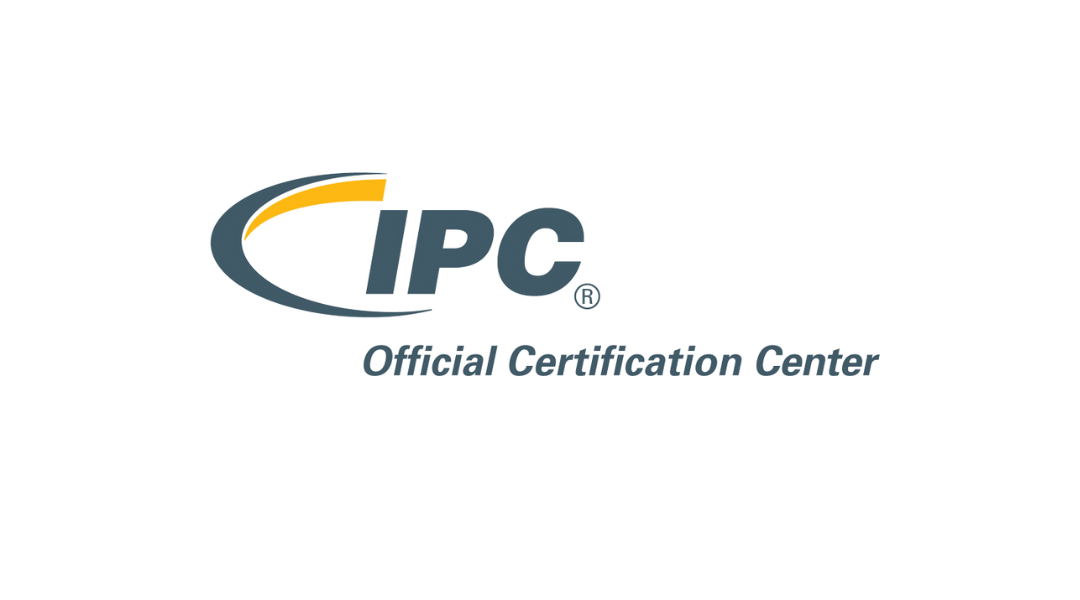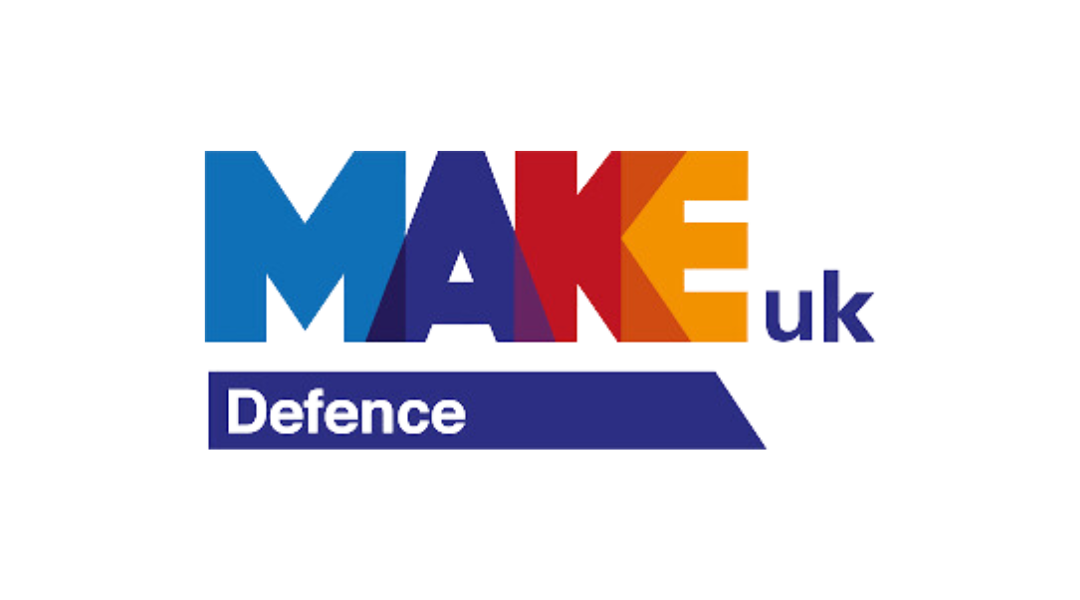When companies make a new appointment announcement, we often hear the expression – ‘this person comes with X years of experience’. Experience is of course a good yardstick by which judge how competent someone is at their role or skill, but the proof is in the pudding, in the application of their knowledge. When it comes to manufacturing electronics there is no denying experience, training, and tools, all contribute to a better output, but there is more to it than that.
What is competency?
Competency is the ability to undertake a given task and give a repeatable output over time and can be gained through a combination of the 3E approach:
Education
i.e. training, which forms roughly 10% of the knowledge needed to undertake the task.
Exposure
Experience
This combination shows a training course on its own is good, but not enough; to really improve your teams’ competence you’ll need a holistic approach that covers all of the 3E points. Given that developing competence is a little more complex than simply handing over a certificate, it is slightly more concerning considering the number of areas in your electronics manufacture where one person’s assessment of what is ‘good’ or ‘best practice’ may differ hugely to another. For example:
1. Inspection Do your inspectors know what they are looking for and, crucially, can they agree? Ask yourself can one person within your team of people inspect consistently. By this I mean, can they agree with themselves, other team members and an approved standard all at the same time? I’ll give you a scenario – a team of PCB end of line inspectors are all inspecting. If they given a “bad” board, can they all agree that it is sub standard, and do they agree that their view of this is aligned with a standard? Do they have awareness of the IPC A610 standard and how to use it? 2. Assembly Assembling a product proficiently relies on actually knowing techniques, and is supported by training. Can an individual actually perform the task effectively? Can they solder? Can they use the equipment provided in the correct manner? Can they work to specific criteria based upon the product application? The example scenario for this point;
An assembly operator ought to know how to use a soldering iron correctly – so far so obvious. If they don’t they could not complete the task satisfactorily, but also could damage boards and/or components in the process. Can they solder to the relevant IPC classifications based upon the end use of the product that they are assembling? Do they have awareness of relevant standards such as J-STD 001 and know how to use it?
3. Measurement Most electronics manufacturers will do KPI reports (I would hope!) and know what they mean, but how can you tell if your team are competent? Are you using benchmarks? Are you measuring the right things when it comes to competency? As we said earlier, age and tenure is no guarantee – the individual could have been doing it wrong for years, or it may well have been correct when they learned a skill but standards since have been updated, improved or revised. What analysis are you doing on these measures? Again an example to illustrate my point. If you measure rejection rates across the factory floor, do you go one step further and measure reject rates from individuals and analyse them to uncover why the reject rate maybe high? Do you measure the number of rejects per inspector and compare these with an approved standard? And here is the one that will really ‘bake your noodle’ as the Oracle says in The Matrix, are they rejects at all?

Why is competency measurement important? Ultimately, there are endless possibilities to the data we collect and measure as a business, so why measure competence? As we briefly mentioned in the examples above, not being aware of the discrepancies of your team’s competency will have a direct impact on your scrap/reject/rework rates, the time you spend and ultimately the costs you accrue. There is also the risk that your customer ends up becoming the filter for your poor quality, which affects both your customer relations and long term reputation. Poor competency WILL cost your business. It WILL affect profitability and it WILL affect your customers’ future sourcing decisions. With a huge shortage of components currently affecting the electronics industry electronics manufacturers are already facing a sharp increase in component prices. It is therefore more crucial than ever to be on tops of your wastage due to scrap/rework/repair to protect that profit line – worst case scenario, component shortage could affect your ability to supply finished product to your customer.
The good news is Measurement Systems Analysis is designed to specifically inspect all of these pressure points, pick up any issues and guide you on how implement practical solutions to fix these errors.
If you have found yourself reading this and realising you don’t have a clear picture of how competent your team is or how to address this drop me a line to find out how I can help.
[/et_pb_text][/et_pb_column][/et_pb_row][/et_pb_section]




